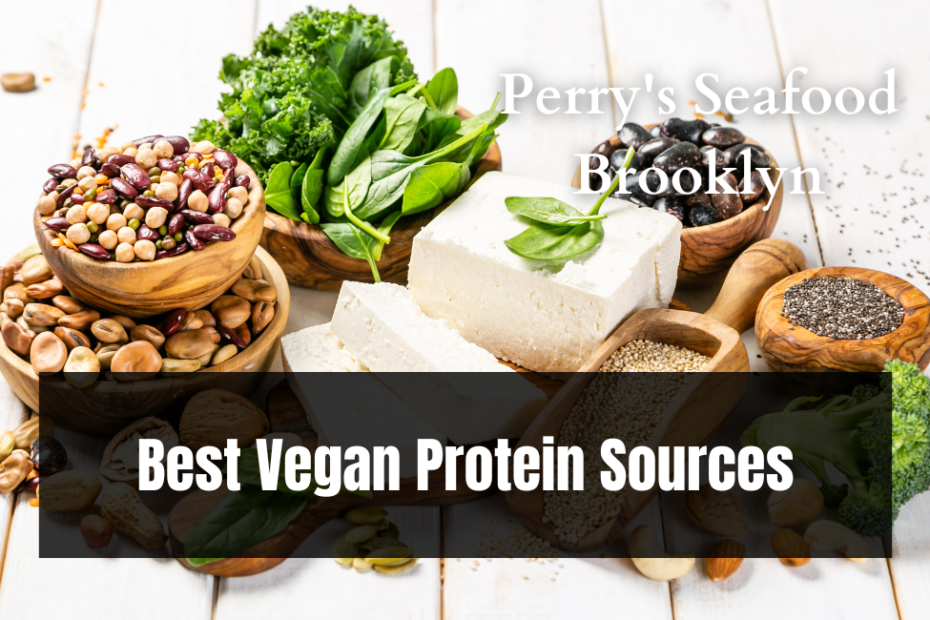Welcome to our comprehensive guide on plant-based protein! This article will delve into the fascinating world of plant-based protein sources, their benefits, and why they have become increasingly popular among health-conscious individuals and athletes. As a leading authority on nutrition and wellness, we aim to provide you with the most accurate and up-to-date information, helping you make informed decisions about incorporating plant-based protein into your diet.
What is Plant-Based Protein?
Plant-based protein refers to protein derived from plant sources rather than animal products. This type of protein is an excellent alternative for individuals seeking to reduce their reliance on meat and animal-based products. As the demand for sustainable and ethical food choices grows, plant-based protein has gained immense popularity, making its way into various cuisines and diets worldwide.
Advantages of Plant-Based Protein
1. High Nutritional Value
Contrary to common misconceptions, plant-based protein can be a highly nutritious option. Many plant sources are packed with essential vitamins, minerals, and antioxidants, providing numerous health benefits beyond just protein content. Some examples of nutrient-rich plant-based proteins include:
- Soy: A complete protein containing all essential amino acids and rich in calcium and iron.
- Quinoa: Not only a good protein source but also a great source of fiber, iron, magnesium, and various other nutrients.
- Legumes: Including lentils, chickpeas, and black beans, are not only protein-rich but also high in fiber and low in fat.
2. Easily Digestible
Plant-based proteins are generally easier on the digestive system than animal-based proteins. They are less likely to cause bloating or discomfort, making them suitable for people with sensitive stomachs.
3. Supports Weight Management
Plant-based proteins are often lower in calories and saturated fats, making them a preferred choice for those aiming to manage their weight and reduce the risk of obesity-related diseases.
4. Environmentally Friendly
Choosing plant-based protein over animal-based options reduces the environmental impact of food production. It requires fewer natural resources, produces fewer greenhouse gases, and helps conserve water.
5. Suitable for Various Dietary Restrictions
For individuals with dietary restrictions or allergies, plant-based proteins offer an array of options that can accommodate their needs. Whether gluten-free, lactose-free, or vegan-friendly, there’s a plant-based protein source for everyone.
Popular Plant-Based Protein Sources
1. Tofu
Tofu, also known as bean curd, is made from soybeans and is an incredibly versatile plant-based protein. It can be grilled, sautéed, blended into smoothies, or used in desserts, making it a favorite among vegetarians and vegans.
2. Lentils
Lentils are budget-friendly and rich in protein, iron, and fiber. They come in various colors, including green, red, black, and brown, and can be used in soups, stews, salads, and curries.
3. Chickpeas
Chickpeas are a staple in Mediterranean and Middle Eastern cuisine. They can be roasted for a crunchy snack, ground into hummus, or added to salads and curries.
4. Quinoa
Quinoa is a complete protein containing all nine essential amino acids. It is also gluten-free and provides a nutty flavor, making it a popular grain substitute in many dishes.
5. Nuts and Seeds
Nuts and seeds, such as almonds, chia seeds, hemp seeds, and pumpkin seeds, are excellent sources of protein, healthy fats, and essential nutrients. They can be enjoyed as snacks, added to smoothies, or sprinkled over salads.
Incorporating Plant-Based Protein into Your Diet
Transitioning to a more plant-based diet can be both exciting and beneficial for your health. Here are some tips to help you incorporate plant-based protein into your meals:
- Explore New Recipes: Look for exciting and delicious plant-based recipes that incorporate different protein sources. This way, you can discover various flavors and textures that keep your meals interesting.
- Gradual Changes: If you’re new to plant-based eating, start by replacing one or two animal-based meals a week with plant-based alternatives. As you become more comfortable, you can gradually increase the frequency.
- Combine Protein Sources: To ensure you get a well-rounded mix of amino acids, combine different plant-based protein sources in one meal. For example, you can mix beans and rice or tofu with quinoa.
- Snack Smartly: Keep a stash of nuts, seeds, or protein-rich energy bars on hand for quick and satisfying snacks throughout the day.
- Educate Yourself: Learn about the nutritional value of various plant-based proteins and how they contribute to your overall health.
Conclusion
Plant-based protein is not just a trend; it’s an innovative and sustainable choice for your health and the planet. By incorporating a diverse range of plant-based protein sources into your diet, you can enjoy numerous health benefits while reducing your carbon footprint. Whether you’re a dedicated vegan or looking to explore healthier dietary options, plant-based protein has something to offer everyone.
So, take the leap and embrace the world of plant-based protein—it’s a journey towards better health and a brighter future.
